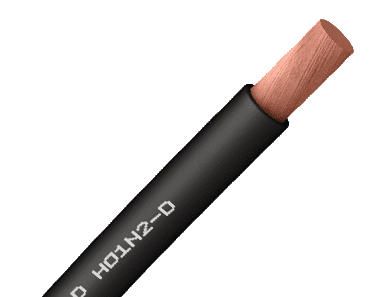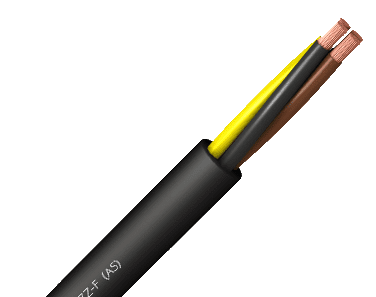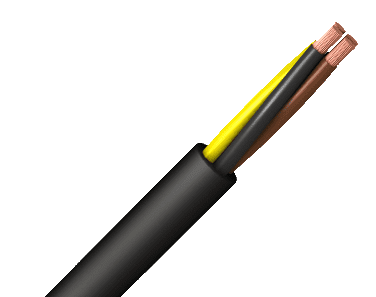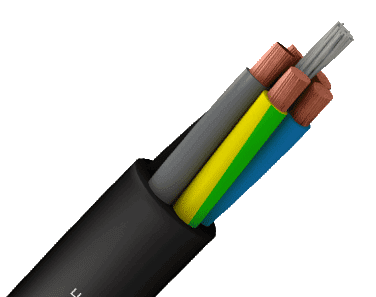RUBBER CABLES
Extra-flexible rubber cables.
Lifecables: A Trusted Global Supplier of Power Cables
At Lifecables, we specialize in providing a diverse range of high-quality power cables, designed and manufactured by our expert team. As a reliable manufacturer and supplier, we offer XLPE and PVC power cables that provide exceptional flexibility, affordability, and resistance to moisture and chemicals. These cables ensure optimal electrical performance, no matter the application.
Our team is dedicated to offering technical expertise in cable design and selection, alongside comprehensive logistics and after-sales support, ensuring that your needs are fully met.
Frequently Asked Questions (FAQs) About Power Cables
What is a power cable?
Power cables are designed for long-term use in a variety of environments. These cables consist of one or more electrical conductors, surrounded by protective insulation, and come in a range of materials and constructions to suit different applications.
Where are power cables used?
Power cables are widely used in industrial and commercial applications. They're found in power supply systems, motor leads, signal systems, and more.
What’s the difference between a Portable Cord and a Power Cable?
Portable cords are designed for temporary power applications, while power cables are typically installed for permanent use in various setups.
Which power cables are most commonly used?
Copper Class 5 (Flexible) Power Cables are commonly used in industrial low-voltage applications, urban grids, and building installations. These cables are flexible, easy to route, and can be installed in tight spaces or underground.
What does XLPE mean in cables?
XLPE stands for Cross-Linked Polyethylene, a high-performance insulation material used in electrical cables. The cross-linking process strengthens the polyethylene, enhancing its durability and electrical properties.
What are the characteristics of XLPE cables?
XLPE cables are known for their exceptional features, including:
-
Lightweight construction
-
High heat resistance
-
Superior load capacity
-
Corrosion resistance
-
Excellent electrical performance
-
Longer service life
Which insulation material is better: PVC or XLPE?
Both PVC and XLPE insulation materials offer unique benefits, depending on the application. PVC is more flexible, making it easier to handle, while XLPE offers better thermal performance, higher temperature ratings, and greater resistance to environmental factors like UV radiation.
What does PVC mean in cables?
PVC stands for Polyvinyl Chloride, a durable and flexible plastic commonly used for electrical insulation. It offers good moisture and chemical resistance, making it a reliable choice for various applications.
What applications are XLPE cables best suited for?
Due to their superior thermal, electrical, and mechanical properties, XLPE cables are ideal for applications in power distribution, industrial systems, renewable energy, and even marine environments.
How do XLPE cables compare to PVC cables in terms of temperature ratings?
XLPE cables can withstand higher temperatures (up to 90°C for continuous use) compared to PVC cables, which are rated for about 70°C. This makes XLPE more suitable for high-temperature environments.
Are XLPE cables more expensive than PVC cables?
Yes, XLPE cables tend to be more expensive than PVC cables. However, the higher cost is justified by the superior performance, longer lifespan, and resistance to heat and environmental factors.








